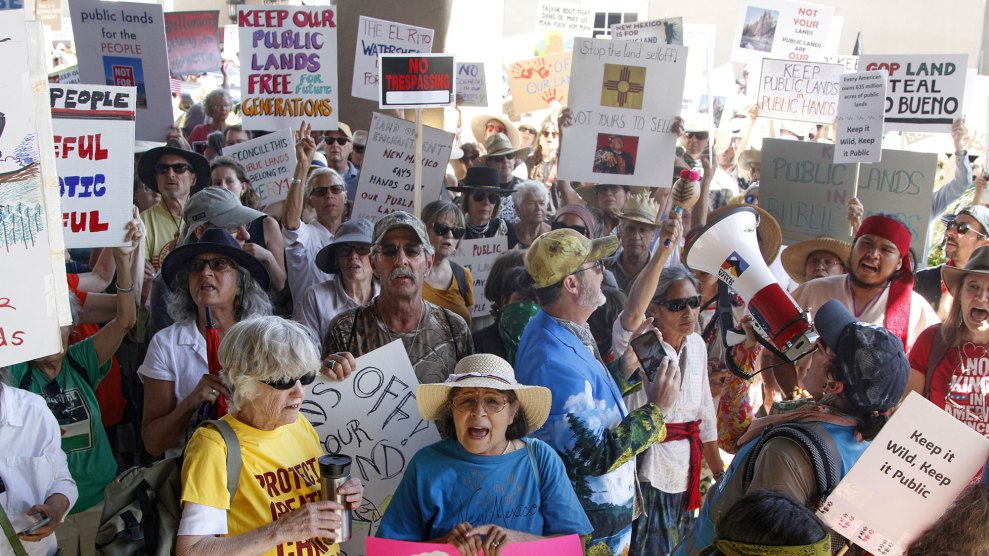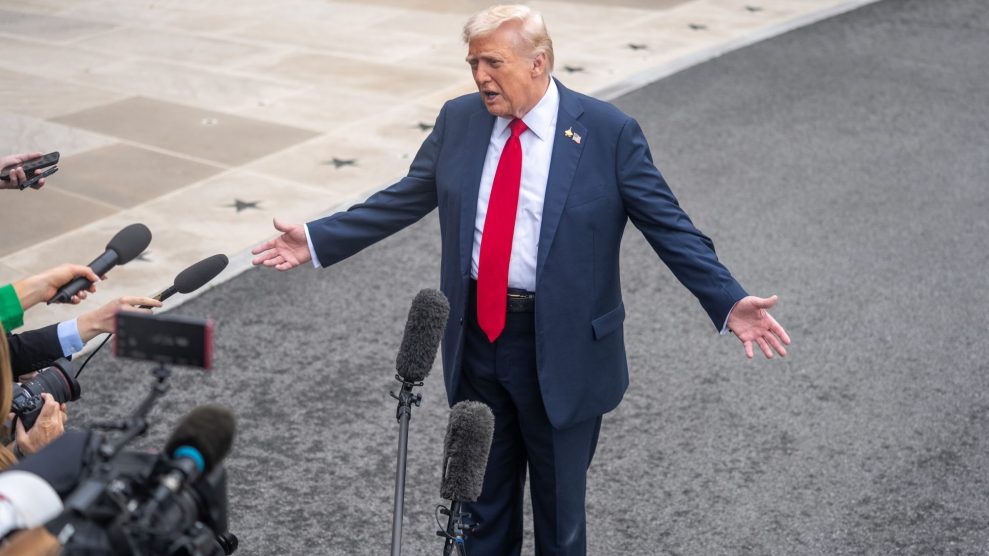
It’s the kind of government exchange you assume never actually takes place. But it did. And it went something like this:
CIA Chief: Dear Attorney General, Do you mind if CIA agents or informants are dealing drugs? I mean, we don’t have to tell on them, do we?
Attorney General: Of course not! Well, you did. But I just changed the law. Don’t worry about it.
CIA Chief: Gee, thanks!
This may sound absurd, but according to a series of recently declassified documents obtained by the MoJo Wire, it’s just what happened in the spring of 1982.
Central Intelligence Agency Director William Casey’s request to then-Attorney General William French Smith isn’t in the public domain. But two letters, one from Smith thanking Casey for his request, and a follow-up by Casey, are both available. They were released as part of a internal CIA report that explored allegations of CIA involvement in drug trafficking. (The most comprehensive allegations were reported by Gary Webb in a series of San Jose Mercury News reports and a book entitled “Dark Alliance.”) In the first document, Smith thanks Casey for his letter (the one that isn’t public) and says:
“…in view of the fine cooperation the Drug Enforcement Administration has received from CIA, no formal requirement regarding the reporting of narcotics violations has been included in these procedures.”
–William French Smith
Attorney General[See the full document]
Casey in return thanks the Attorney General for his understanding:
“I am pleased that these procedures, which I believe strike the proper balance between enforcement of the law and protection of intelligence sources and methods, will now be forwarded to other agencies…”
–William J. Casey
Director, Central Intelligence Agency[See the full document]
The two men then codified their agreement in a Memorandum of Understanding. According to the agreement, intelligence agencies would not have to report if any of their agents were involved in drug running. (By agents, the agreement meant CIA sources and informants. Full-time employees still couldn’t deal drugs.) That understanding remained in effect until August of 1995, when current Attorney General Janet Reno rescinded the agreement.
It’s reasonable that the CIA be allowed to keep its mouth shut if it knows that some of its agents are involved in minor illegal affairs. Presumably some of the value of informants comes from the fact that they keep company with shady characters who engage in unlawful activities.
But why would the CIA ask to be exempt specifically from drug enforcement laws? According to Congresswoman Maxine Waters (D-Calif.), who is calling for full disclosure of the facts, “The CIA knew that the Contras were dealing drugs. They made this deal with the Attorney General to protect themselves from having to report it.”
Some of the remaining questions may still be answered. The Department of Justice and the CIA have finished separate investigations into possible CIA involvement in drug smuggling. But neither report has been made available to the public; the Justice department cites an “ongoing investigation” while the CIA says their report is an internal document and therefore classified. Says Congresswoman Waters: “What is it they don’t want Americans to see? If the CIA was involved in drug trafficking, they should be brought to justice. Not covered up.”
















